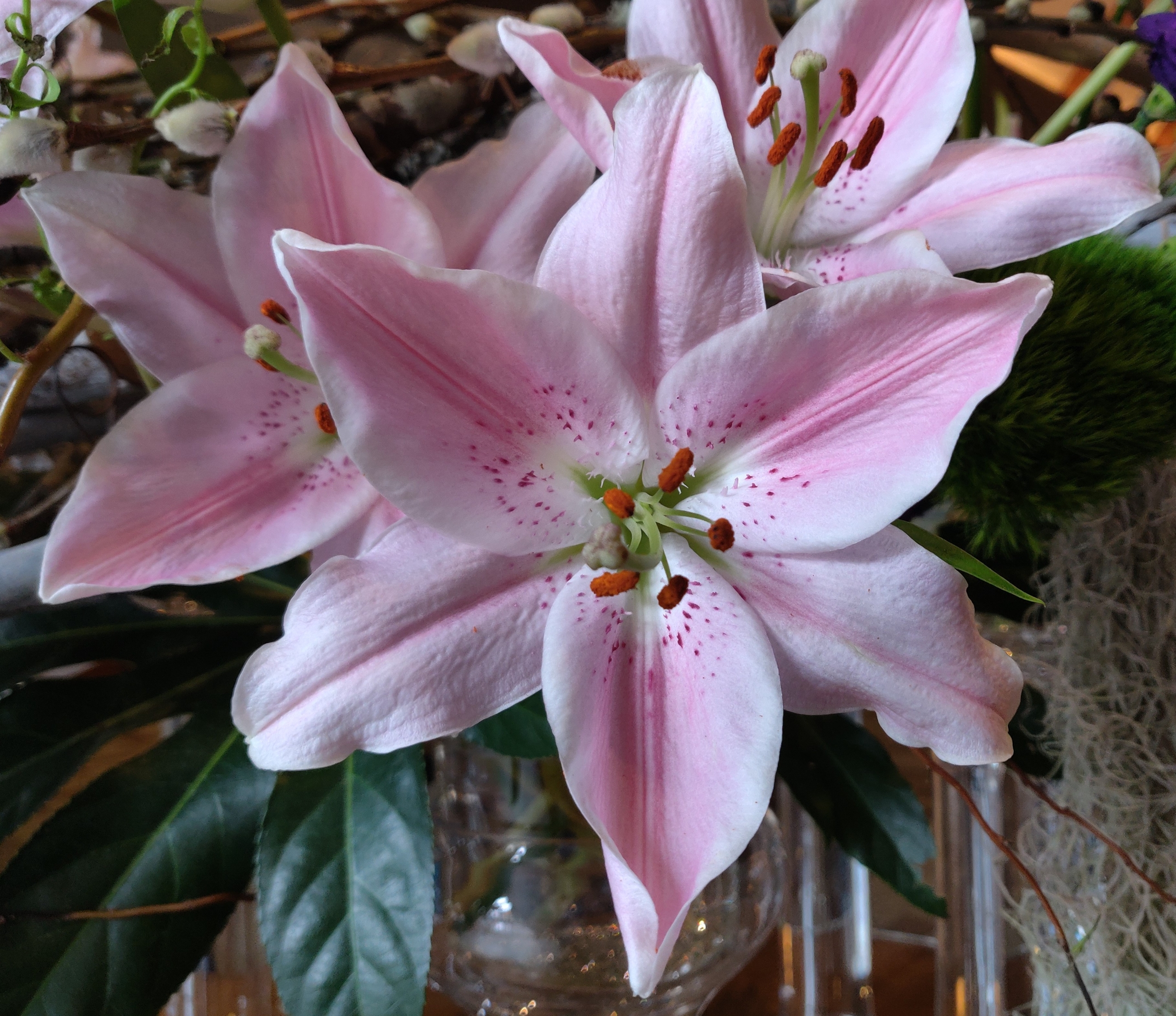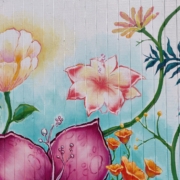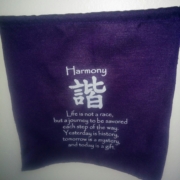5 Intention-setting Ideas for Sweeping Away What No Longer Serves
What are you planting in the soil of your mind this spring? Is the garden of your mind full of weeds?
Taking time to clean our homes after a long winter’s nap is an annual tradition that crosses many cultures, including Persian, Jewish, Japanese and Judeo-Christian among others. This tradition of renewal has roots in neurochemistry as well as spirituality. Our homes, though, may not be the only spaces that could use a good cleaning.
Our minds are very cluttered too, especially as we try to navigate a multi-tasking addicted world. Our brains are not wired to do two things at once and, when we try, it simply means we are not giving our best to the tasks at hand. Over time, multi-tasking sets us up for inevitable failure, which can over time pollute the soil of our minds.
Therefore, this spring, I would like to support your efforts to weed the garden of your mind. Below are some ideas for reducing the toxins in the soil and creating space for your authentic self to bloom:
- Volunteer. Volunteering for a cause you feel connected to can bring you a different perspective, supporting the both/and way of thinking. We live in a dualistic either/or mental world that drives us to compare, compete, and separate, supporting disconnection and distress. Ancient traditions guide us to see the world in a different, non-dualistic way that supports connection and inner peace. Holding two seemingly different perspectives in the mind at the same time can act as great fertilizer for creating space for mental growth. Volunteering can provide you with an opportunity to practice this non-dual thinking. Consider volunteering and when you find yourself viewing aspects of the experience as contrary or conflictual, pose the question “Might both perspectives be true at the same time?” If you can hold both in your mind at the same time, it expands the mind’s ability to declutter itself of constricting beliefs (aka weeds) and plant seeds of curiosity, acceptance and connection.
- Identify triggers. When we experience uncomfortable sensations in the body and powerful emotions come up, it’s a sign that our natural adaptive fear response has been triggered for human survival. It is mission critical to honor our survival responses to fear (i.e., freeze, fight, flight, faint/flop, fawn/friend) because they are immediate, automatic, and instinctual responses to potential life threatening experiences. Accepting and understanding them as such goes a long way to releasing the sense of power they have over you. Consider beginning the process by simply identifying your triggers. When you notice that you have been triggered (and it won’t be in that immediate moment, give yourself some time to reflect after the body and mind reconnect), write down what was going on right before the body sensed the threat. Then see if you might be able to identify how the body responded to the threat in that moment – did it freeze, did it run away and hide, or did your people pleasing part step forward? No response is bad, remember it is automatic and adaptive to survival. And your body might respond to different threats in different ways. Can you also hear the voices in your head that say things to you like “You’ll never be good enough.” and/or “You’re not worthy of love.”? If so, write those negative beliefs down, and congratulate yourself as you have just been able to identify the weeds that are strangling your garden from growth! The more you are able to identify your triggers and the weeds that have grown in the toxic soil of fear, the less likely those parts of you will get behind the wheel of your car to drive your life.
- Set Boundaries. The inability to say no to others is a weed that grew from the fear response of fawn/friend and often is the mask of our people pleasing part. Our people pleasing part comes from a place of wanting to be accepted by others to create a feeling of belonging. Belonging is a normal human desire and protects us from outside threats. Yet, the fear of not belonging drives our authentic self underground into that toxic soil of our minds. Consider practicing saying no to others to say yes to yourself, starting small. It will be important to recognize that the fear of disappointing the other person will be present, so I offer the mantra of “Say no, so others grow.” to support your efforts. Remind yourself that the fear of disappointing will pass, creating space for both you and others to grow. Then, after saying no, watch what unfolds afterwards. Write about the space you created, noting how both you and the other person grew!
- Practice Gratitude. The human brain develops in a way that starts with the survival responses first and then finishes with the growth of our ability to rationalize our experience. So both the emotional and logical parts of our brain are intelligent! Yet, the survival parts of the brain are the most powerful, as they are designed for the survival of the human race. Therefore, we need to actively invite the engagement of the logical mind that is able to identify the positive aspects of awareness and understanding to balance the emotional fearful negative bias of the brain. Consider practicing gratitude as a way to support that balance. Research suggests that the human mind finds balance between 5 positive thoughts and 1 negative thought. Perhaps start and end your day with identifying 5 things you are grateful for. If you would like to really challenge the mind, take what you might have experienced as triggering that day and see if you can find something to be grateful for about that trigger!
- Explore Self Compassion. As we are perhaps practicing the above intentions, remember we are turning over the toxic soil and weeding the garden of our minds. In as much, we are working towards acceptance of all parts of ourself and how they served us. Reminding ourselves during the journey that all of our sensations and emotions are normal, natural adaptive responses to the world in which we grew. With that awareness and understanding, we are fertilizing the soil with empathy for our struggles that we have survived. What we come to accept about ourselves is that we are both limited and limitless, flawed and flawless, skilled and unskilled beings. As we begin to experience this acceptance of all parts of ourselves, we invite the flowers of self compassion to grow. Offering ourselves the same compassion and loving kindness as we might offer others, supports our resiliency and connection, both with others and ourselves!












Leave a Reply
Want to join the discussion?Feel free to contribute!